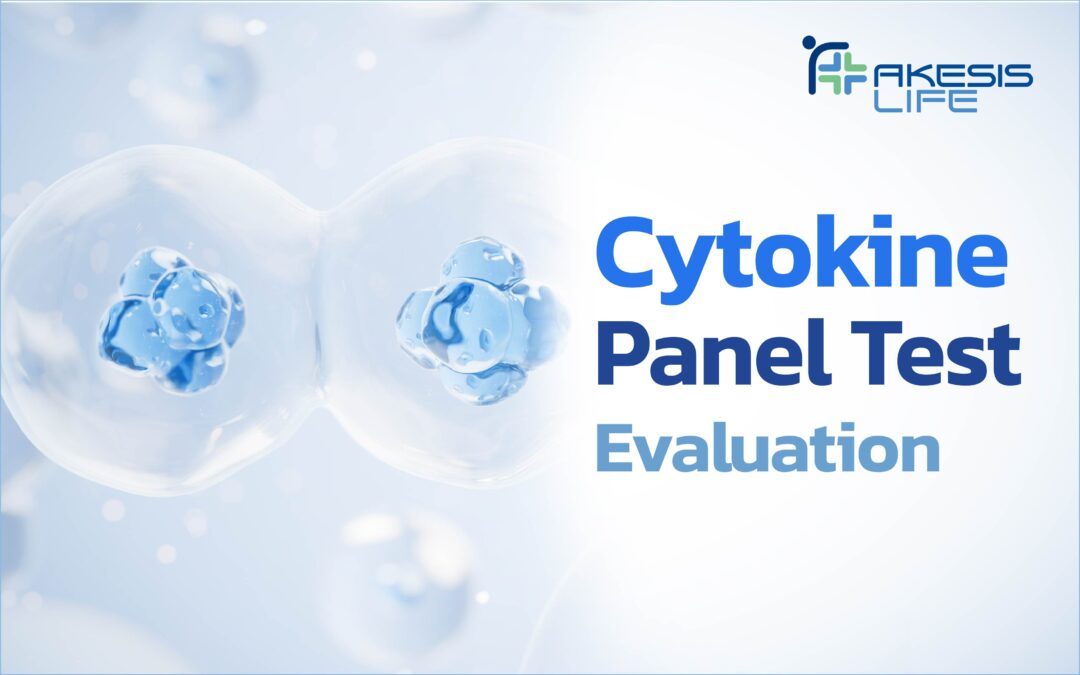Cytokines are proteins secreted by cells to facilitate communication within the immune system and other systems. Most cytokines are secreted by immune cells to coordinate defense mechanisms against pathogens, allergens, and to regulate immune responses.
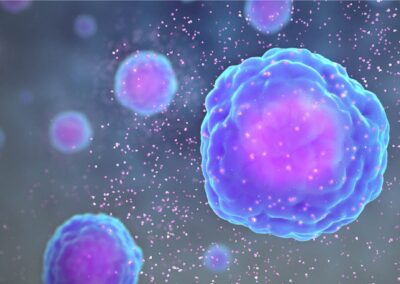
Cytokines can also affect other body systems such as the central nervous system (causing fever and appetite loss during infection), cardiovascular system (altering heart rate and blood pressure), and are secreted by various other cells including endothelial, neural, and musculoskeletal cells.
When cytokines bind to specific receptors on cells, they trigger signaling pathways that allow cells to function appropriately.
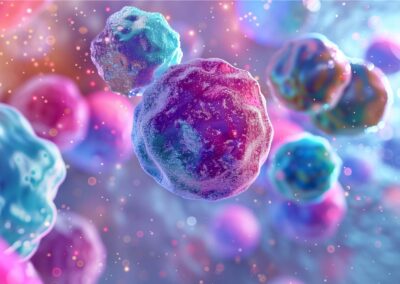
Importance of Cytokines to Health
During infection, injury, or cell death, the body stimulates immune cells to release pro-inflammatory cytokines to combat pathogens and damaged cells. Afterward, anti-inflammatory cytokines are released to restore normal tissue function. An imbalance in this process can lead to cytokine storm, as seen in severe COVID-19 cases.
Chronic exposure to toxins, heavy metals, metabolic disorders, and gut dysbiosis can cause prolonged pro-inflammatory cytokine release, leading to chronic inflammation, tissue damage, increased risk of chronic diseases, autoimmune disorders, and cancer.
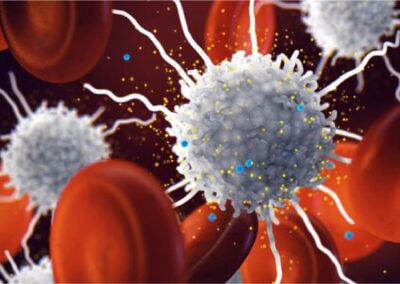
Cytokine Panel Test
A blood test to evaluate the levels of pro-inflammatory and anti-inflammatory cytokines, as well as those that influence cancer cell stimulation or suppression.
Key Cytokines Evaluated
- IL-1β: A pro-inflammatory cytokine indicating inflammation and promotes cancer cell spread.
- IL-2: Stimulates cytotoxic T cells, NK cells, and macrophages; crucial for cancer immunity.
- IL-4: Anti-inflammatory cytokine; excessively high levels may suppress immune response to cancer.
- IL-5: Associated with asthma; increases eosinophils and inflammatory response.
- IL-6: Pro-inflammatory; high levels indicate severe inflammation and promote tumor growth and angiogenesis.
- IL-8: Early-stage pro-inflammatory cytokine; elevated in infections and supports cancer growth.
- IL-10: Anti-inflammatory; moderate levels reduce inflammation, but high levels may suppress cancer immunity.
- IL-12p70: Strong NK cell stimulator; important for cancer immunity but high levels can lead to systemic inflammation.
- IL-17: Pro-inflammatory cytokine linked to autoimmune diseases like rheumatoid arthritis.
- TNF-α: Major pro-inflammatory cytokine activated during infections and tissue inflammation; high levels indicate severe inflammation.
- IFN-γ: Stimulates immune cells to attack virus-infected and cancerous cells; indicator of cancer immune response.
- IFN-α: Elevated during viral infections; supports NK cell activity; high in autoimmune conditions like SLE.
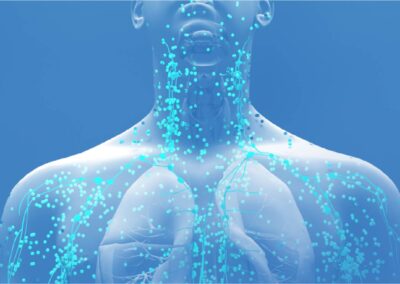
Benefits of Cytokine Panel Testing
Useful in inflammatory-related diseases including autoimmune disorders, infections, dementia, and cancer. Helps in diagnosis, treatment planning, and tracking response by balancing cytokine activity.
For healthy individuals, it provides specific inflammation markers, risk assessment for allergies, immune disorders, cardiovascular issues, infections, and cancer. It supports preventive care and integrative health strategies.
- Hughes CE, Nibbs RJB. A guide to chemokines and their receptors (https://www.ncbi.nlm.nih.gov/pmc/articles/PMC6120486/). FEBS J. 2018;285(16):2944-2971. Accessed 1/3/2023.
- Khanna NR, Gerriets V. Interferon (https://www.ncbi.nlm.nih.gov/books/NBK555932/?report=reader). 2022 Jul 12. In: StatPearls [Internet]. Treasure Island, FL: StatPearls Publishing; 2022 Jan-. Accessed 1/3/2023.
- Shi J, Fan J, Su Q, Yang Z. Cytokines and abnormal glucose and lipid metabolism (https://pubmed.ncbi.nlm.nih.gov/31736870/). Front Endocrinol (Lausanne). 2019;10:703. Published 2019 Oct 30. Accessed 1/3/2023.
- Joseph M. Cicches, Stephanie Evans.et al.Dynamic balance of pro- and anti-inflammatory signals controls disease and limits pathology. Immunol Rev. 2018 September ; 285(1): 147–167.

